Let’s face it, I’m a cycling fanboy. I cut my teeth on a generation of Americans who followed in the footsteps of Jonathan Boyer, the grandaddy of Americans in European Cycling (capitals for emphasis). I’m also a fan of many of those who have chosen to take an alternative view of cycling, which is why I started this venture.
Unfortunately, I’m about to take a stance that may anger some of these folks, and some of the crusaders that expend great energy and talent to write what they do.
This week, I was reminded by an oaf based out of Bristol, Connecticut, that the cycling galaxy is a small piece of a greater universe. In fact, it might be considered Earth-sized in comparison to the general universe of sport. I think many have already covered the ground more than adequately on this issue, and have done so more eloquently than I probably could. While I’m at it, kudos to @neilroad, @UCI_Overlord, @cycletard, and @Velocentric for their involvment in highlighting this issue, and @bikezilla1 for doing what he does, right Tommy boy? (Note: thank you to @Ciclirati and @TdFLanterne for their amazing work on this – join our team!)
I was reminded this week that somewhere along the way, we as a society have lost the ability to have a difference of opinion while maintaining mutal respect. Call it the O’Reilly factor, or the shock radio factor, but we have developed this ability to judge, and to then peddle this influence to the greater society in general as FACT. This is wrong.
After observing twitter, the forums, and the Tour de France chat rooms, I had this nagging opinion that we in the cycling community have become no better than Michael Smith of ESPN when it comes to doping in our sport. I watched my ticker as person after person began to attack a variety of professional cyclists with innuendo upon innuendo. Even the hero Hoogerland couldn’t escape criticism as many pointed to his lack of popularity in the peloton, and to his former nickname.
Guess what, folks? Performance-enhancing drugs and the mercenary nature of professional sport is synonymous. Every sport has some sort of issue in this respect – Football and steriods; Hockey and sudafed; we know baseball’s issues; and soccer, too, has its myriad of doping challenges that run similar to cycling.
I am a football fan. I’ve seen pretty much every football movie out there, but the three that stick in my mind the most are (in no particular order): On Any Given Sunday, The Last Boy Scout, and Varsity Blues. All three play a part in my perception of drugs in sport.
Varsity Blues documents the win-at-all costs attitude that is reflected in our society. Coaches drug up players for the championship, for the win, not for the players’ benefit, but to feed the ego of the coach –his bronze-statued reputational folklore. The hero of the movie implores the star running back not to shoot up his knee – take the hard stand and sit out the second half.
The other two films talk about the seedy/dark side of football. The thing about all three of these films is that this art does, in fact imitate life.
Discussed in one online forum today was the fact that “athletes” have been doping since the beginning of time. One forum participant went so far as to say that Greek athletes ate sheep’s balls to enhance their performance. And another individual in that forum also asked what was the difference between the cokehead advertising executive who wanted the million dollar account from the athlete who wants the extra edge to keep his place in the professional peloton?
Nothing.
Many conversations with those who write within these internet pages have led me to the conclusion that we are prosecuting the wrong individuals in cycling when it comes to doping issues. EPO doesn’t mean that all of a sudden a couch potato can rise up and win the Tour. No, most of the professional athletes are the victims of an abusive relationship with a team owner/coach/business manager or other such potential leeches. They will still have the unbelievable performances, but maybe at a slightly slower speed.
Today’s stage should have demonstrated to many that there is a change in the peloton; the performances are becoming less super-human, and more fragile. Kreuziger didn’t ride off to a stage win, nor did Gilbert gap the lead pack. Neither did Basso decimate the field, but he did a pretty good job with Smzyd to thin out the herd. Just because a BMC soigneur was busted leading up to the Tour doesn’t mean that the BMC team, including Cadel, is dirty.
In fact, it could mean that someone paid off the soigneur to get busted to mess with Evans, knowing that he was the favorite. Yeah, that’s a bit ridiculous, but no more ridiculous than some of the theories that were flying around the twitter universe earlier today.
Folks, doping will be a part of society at large until we decide individually and collectively to rely on our own abilities rather than on stimulants and assistance to make performances “easier.” Maybe it is best to push aside that nagging doubt and enjoy the amazing win of Sanchez today, and the fact that Voeckler hung onto the lead on Bastille Day. However, I firmly believe that this will not occur until society at large gives up cigarettes. Yeah right.
After all, we are just as much to blame for athletes doping as Jon Voigt in Varsity Blues – our collective adulation allows those bottom feeders the ability to take advantage of our star people, and contributes to the callous attitude that we have towards our fellow human beings.
So my advice? Quit judging until you have a reason to judge. In the meantime, enjoy the spectacle that is the greatest event of the greatest sport on our planet.


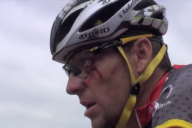




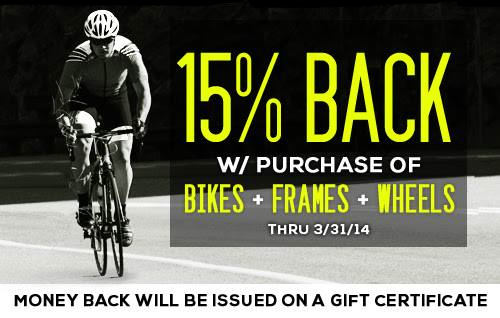

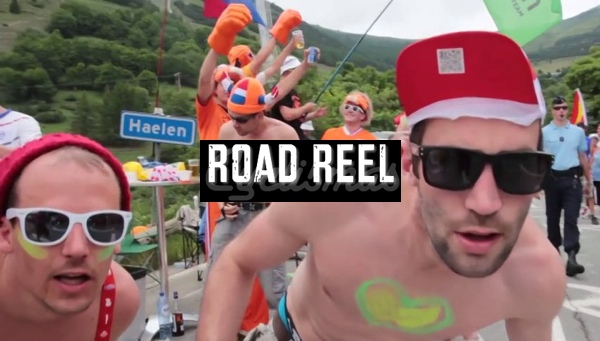
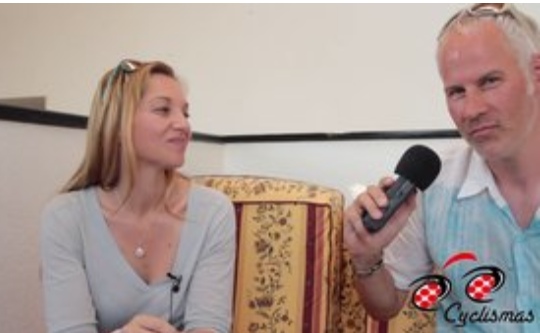

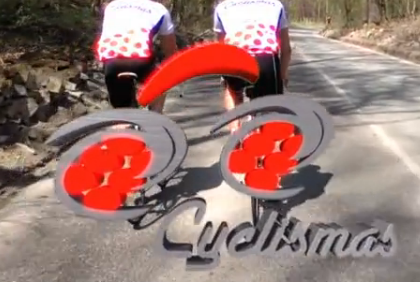

No Comments